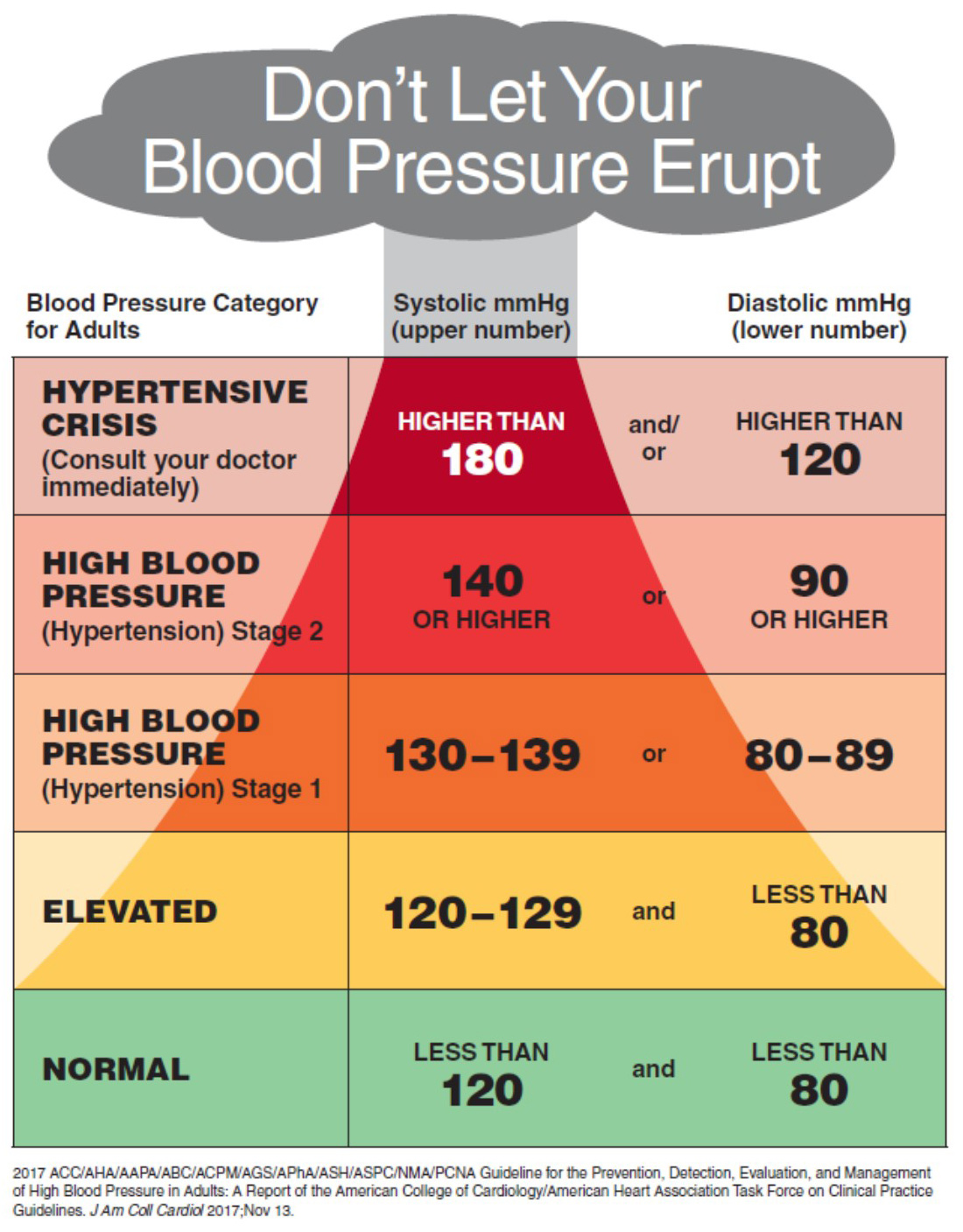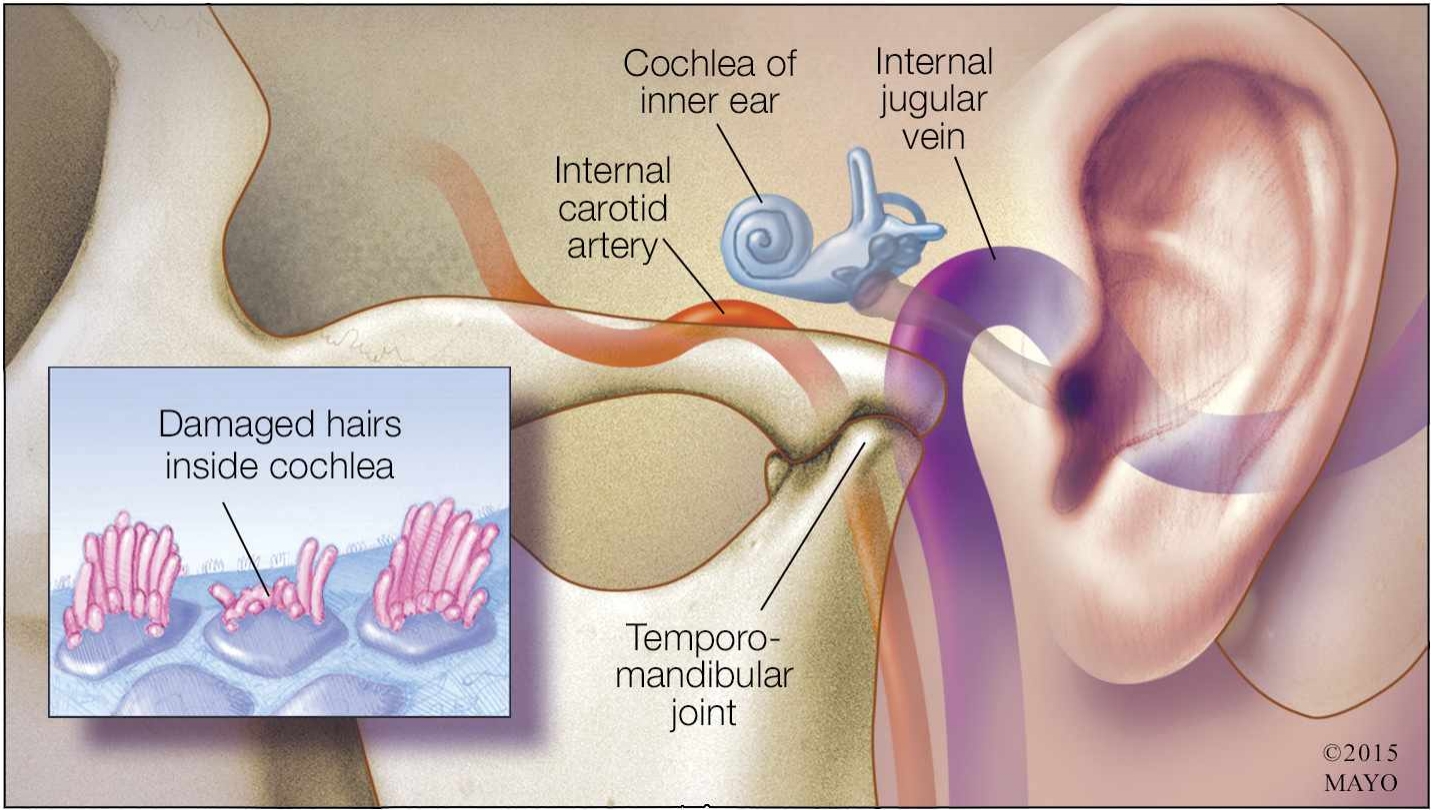

some cough medicines, eye drops and appetite suppressants.Check with your doctor or pharmacist for alternatives. Some drugs may cause hypertensionĬertain drugs can cause hypertension or make controlling hypertension more difficult. Responses to some types of stress may affect both blood pressure and changes in the arteries, but this remains scientifically uncertain. high levels of saturated fat in the diet.The effects of high blood pressure on the arteries are worsened by: Some of the factors which can contribute to high blood pressure include: High blood pressure over a period of time can contribute to many illnesses, including:Īn unhealthy lifestyle can cause hypertension That’s why it’s important to have regular medical examinations to make sure your blood pressure isn’t creeping up as you grow older. Hypertension usually does not produce any symptoms, because the organs of the body can resist high blood pressure for a long time.
#Hearing heartbeat in ear and having high blood pressure manual#
The accuracy of electronic measuring and recording of both systolic and diastolic pressures is replacing manual and auditory blood pressure recording.This is because many people tend to ‘tense up’ during the procedure and nervous tension may temporarily boost the blood pressure. The operator may take numerous readings to get the true picture.This is the pressure at which the thumping sound is no longer heard. The blood pressure in the arm’s main artery drops to equal the lowest pressure, which is the diastolic pressure.The systolic pressure is indicated on the sphygmomanometer and recorded. The pressure in the bag is then slowly released until it equals the systolic pressure in the artery, indicated by blood once again moving through the vessel.The operator pumps up the bag with air until the circulation of the arm’s main artery is interrupted. The bag is connected to the sphygmomanometer. An inflatable pressure bag is wrapped around the upper arm.The normal diastolic pressure is usually between 70 and 80mmHg.īlood pressure is measured using an instrument called a sphygmomanometer. Diastolic – is the pressure against the arteries as the heart relaxes and fills with blood.The normal systolic pressure is usually between 110 and 130mmHg. Systolic – is the highest pressure against the arteries as the heart pumps.It is only a concern if your blood pressure is high when you are at rest, because this means your heart is overworked and your arteries have extra stress in their walls.īlood pressure readings are a combination of two measurements. Your blood pressure is naturally higher when you are exerting yourself, such as during physical exercise. Hypertension can be mild, moderate or severe. These people have developed hypertension. However, in some people the adjustments become fixed and high blood pressure persists. The achievement of good flow (now at high pressure) eases possible problems for function of the brain and kidneys. The heart is induced to beat more forcefully so that blood pressure is maintained at a higher level, to overcome the restricted flow through the arterioles. Nerve reflexes are stimulated and hormones are then produced. Reduced flow of blood is detected in the brain, the kidneys and elsewhere. The tone in the muscular walls of the arterioles determines how relaxed or constricted they are. The blood then enters small vessels with muscular walls, called arterioles. When the heart contracts, the blood inside the left ventricle is forced out into the aorta and arteries. Experts recommend that everyone should have their blood pressure checked regularly (preferably yearly). This means most people don’t even realise they have it.

Hypertension usually produces no symptoms. Older people may experience a change in their blood pressure pattern due to their arteries becoming more rigid (less elastic). Hypertension is a common disorder of the circulatory system, affecting around one in seven adult Australians and becoming more common with age. Other risk factors for atherosclerosis include cigarette smoking and high blood cholesterol. Atherosclerosis contributes to many illnesses, such as heart attack and stroke. The added stress on the arteries can speed up the clogging of arteries with fatty plaques (atherosclerosis). High blood pressure (hypertension) means that your blood is pumping with more force than normal through your arteries.

Blood pressure is the amount of force exerted on the artery walls by the pumping blood. The heart pumps blood around the body through the blood vessels.


 0 kommentar(er)
0 kommentar(er)
